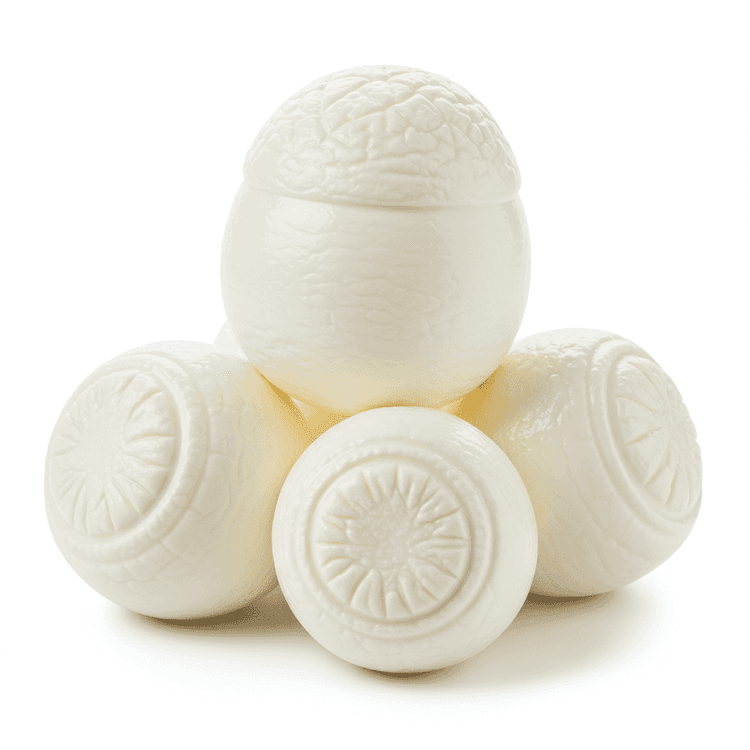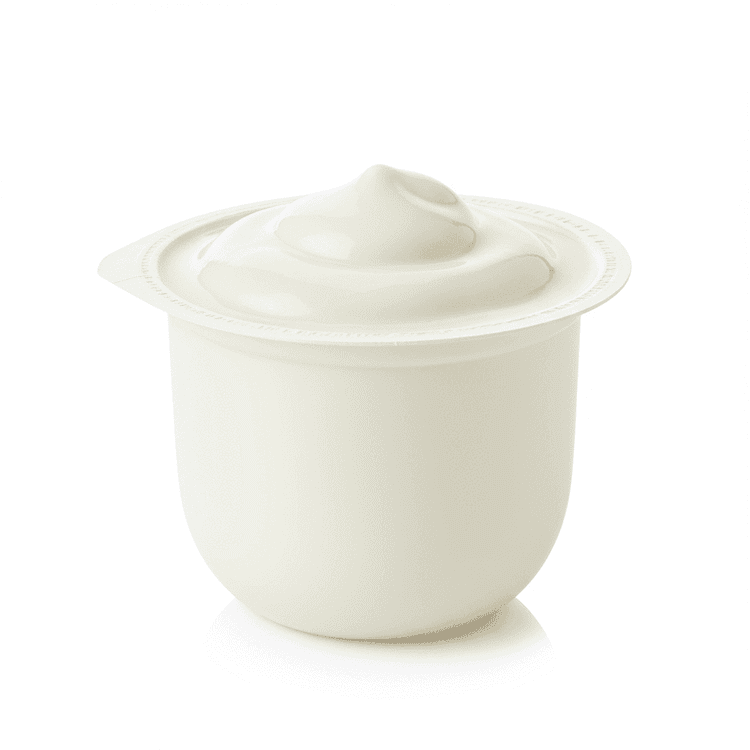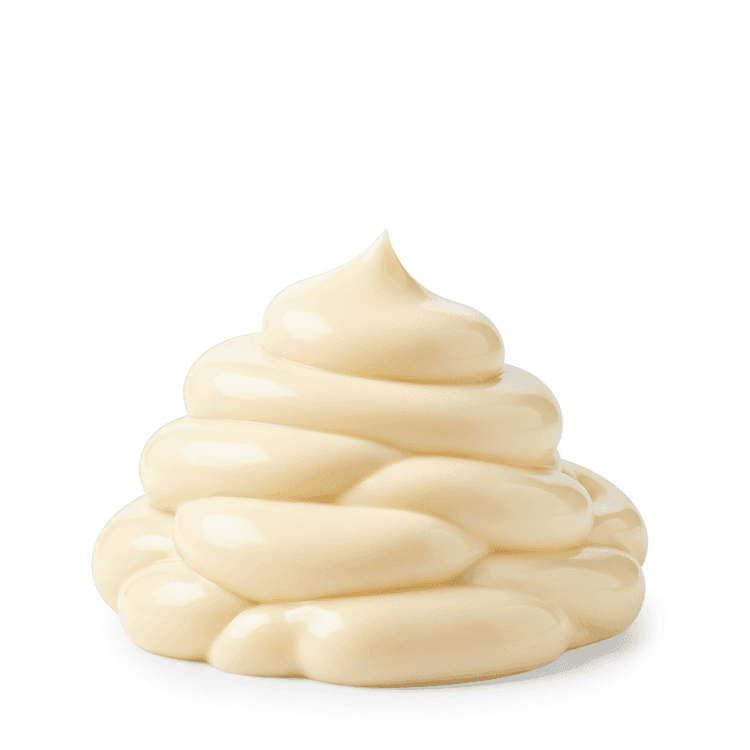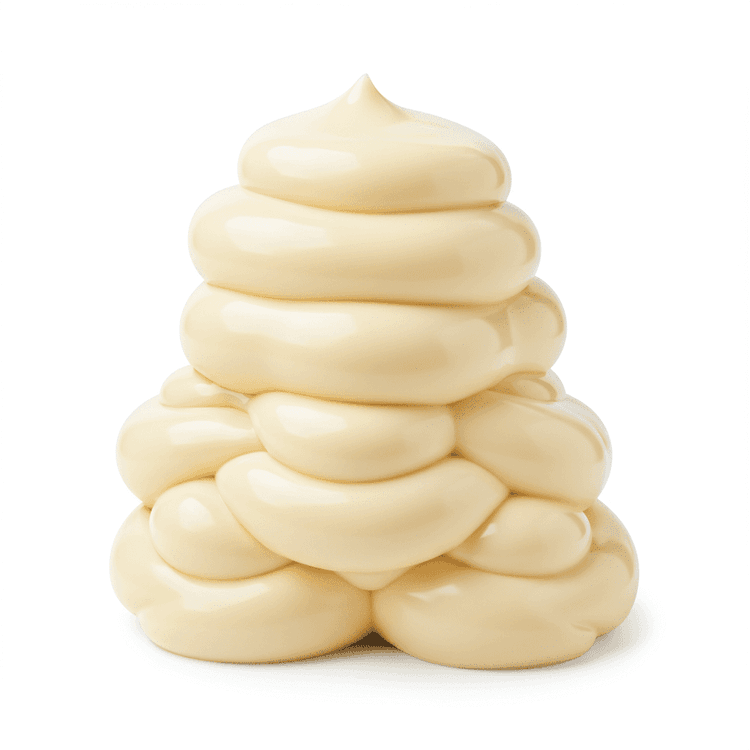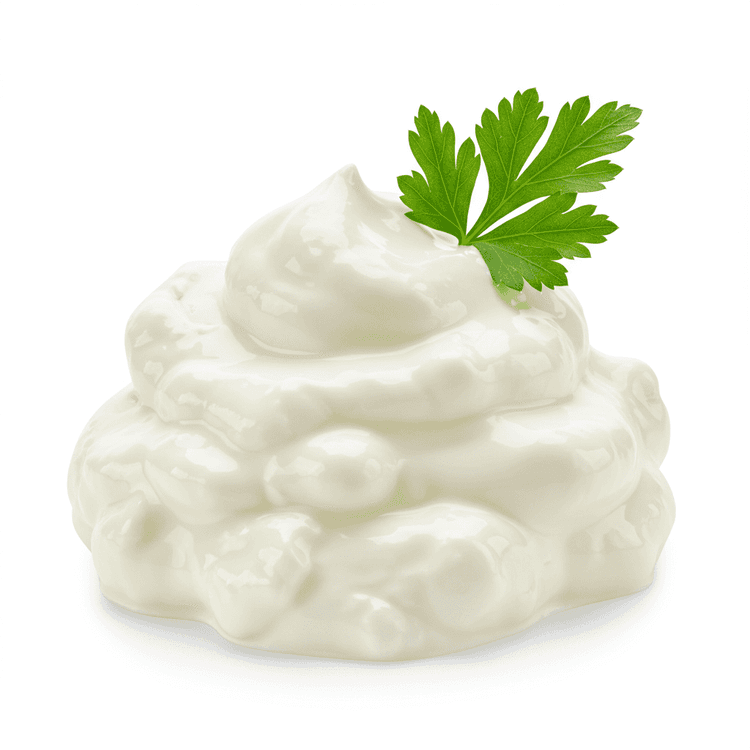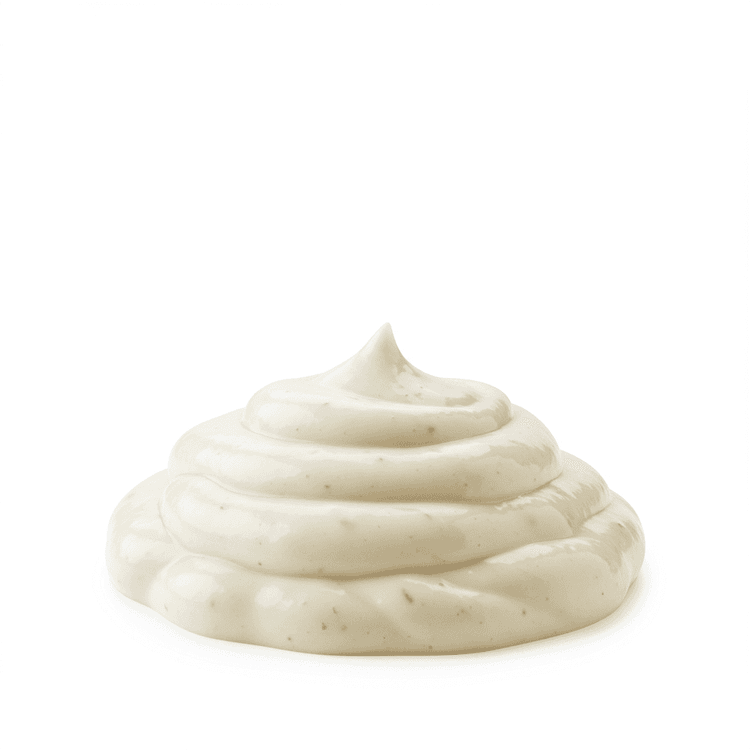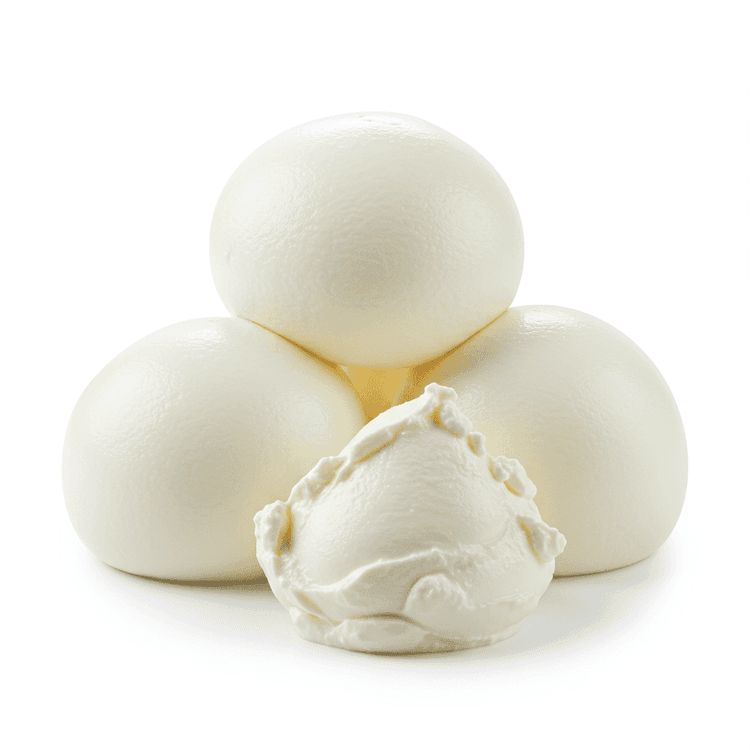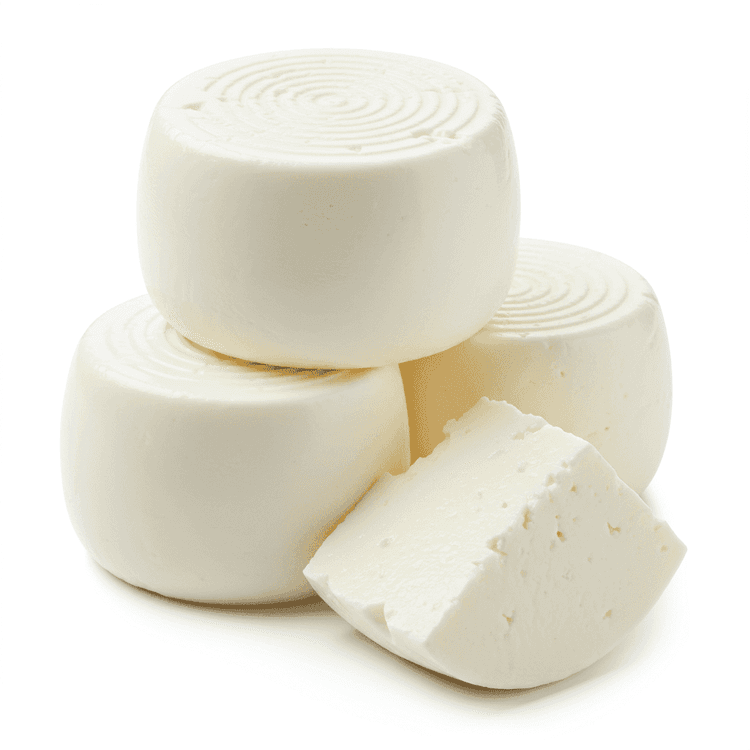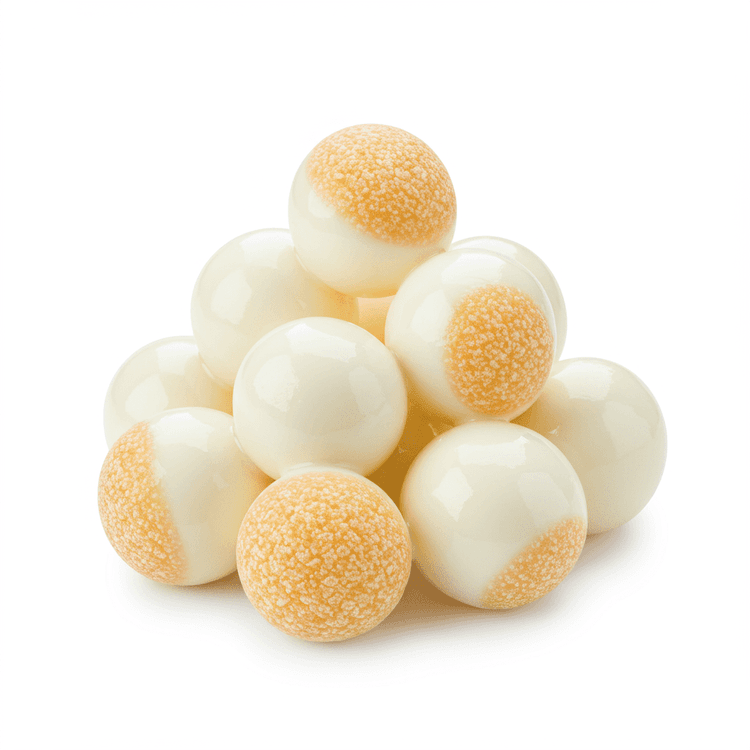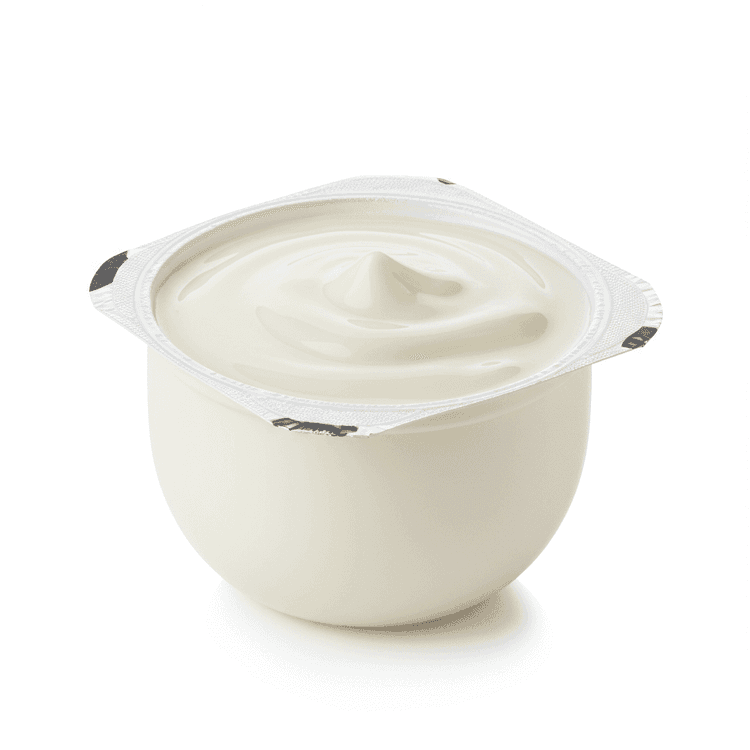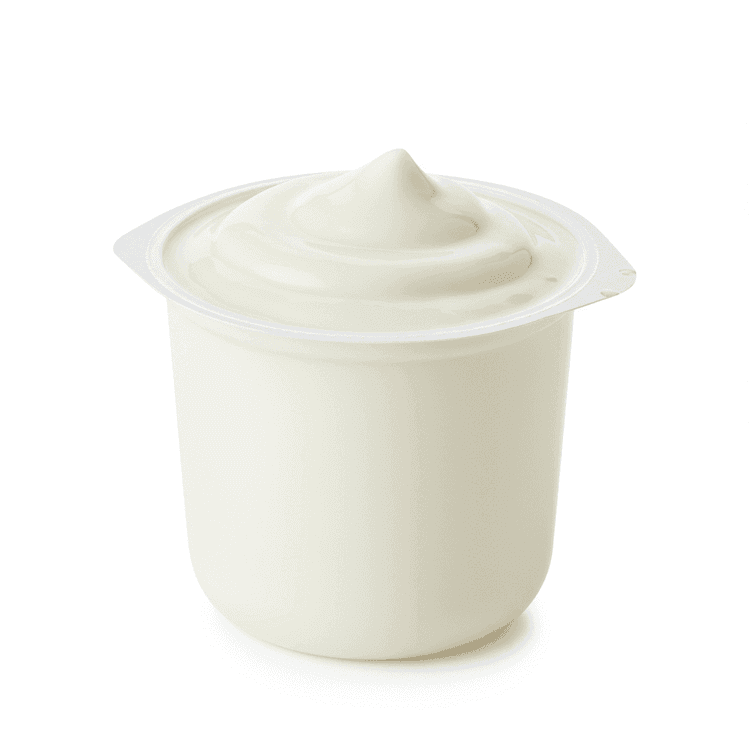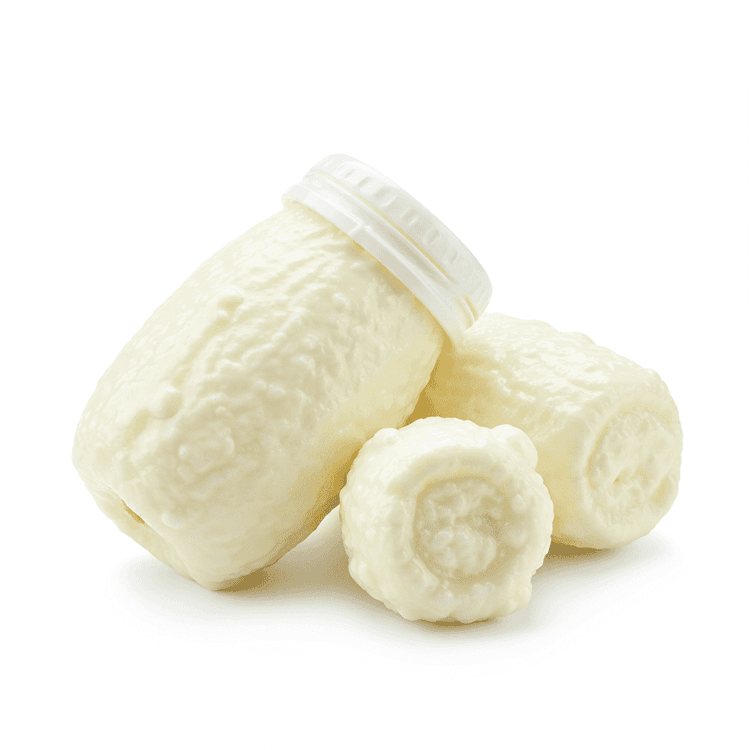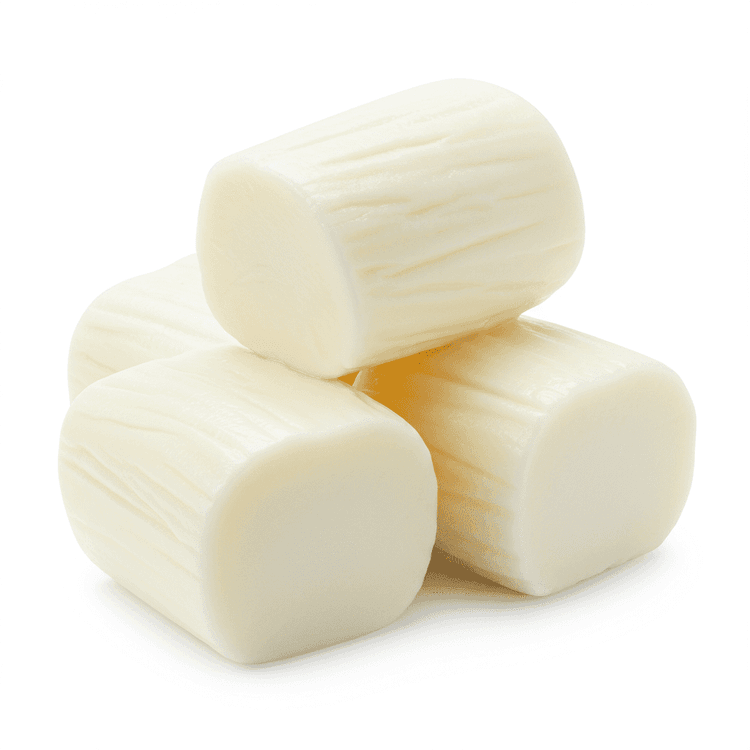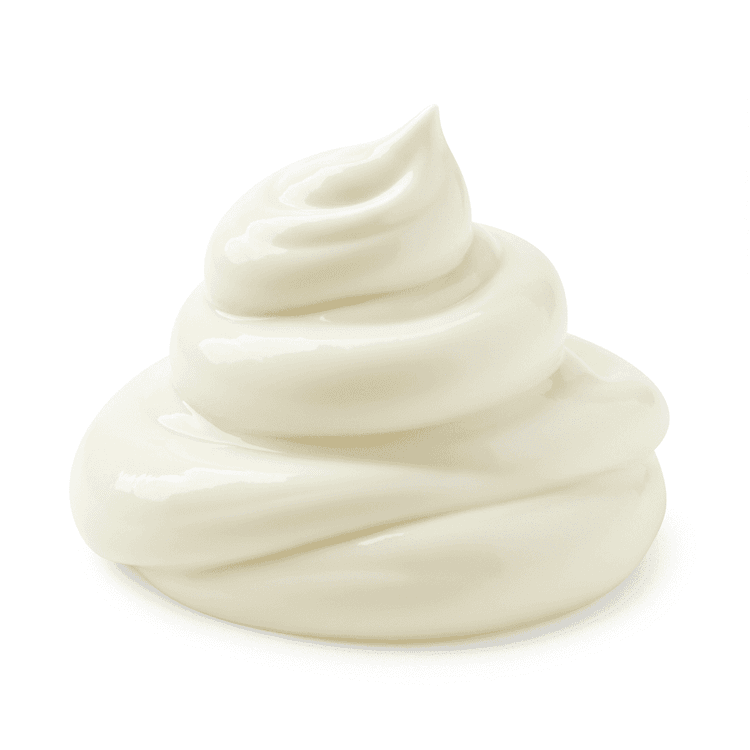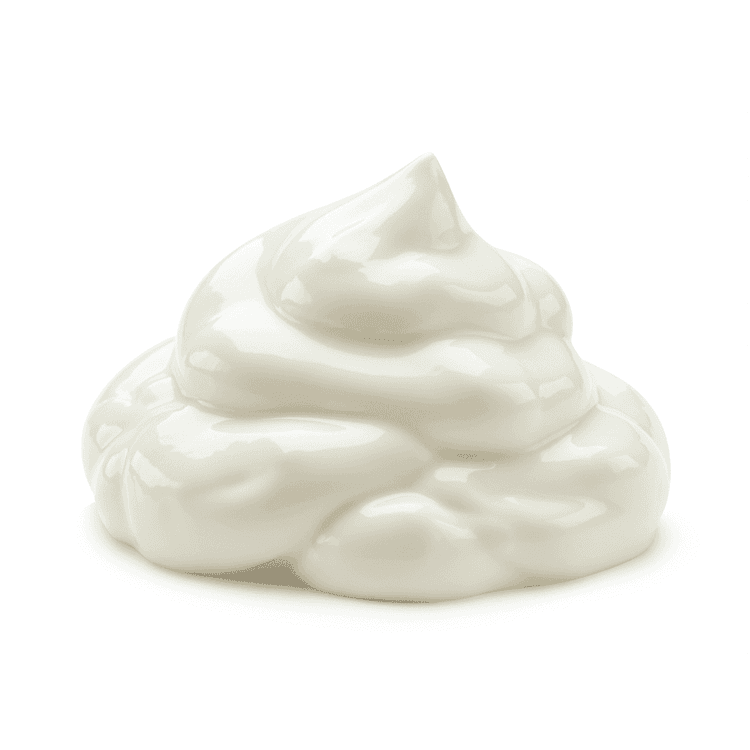
Sour Cream
Sour cream is a versatile dairy product created by fermenting regular cream with lactic acid bacteria. This process thickens the cream and develops its signature tangy flavor. Its smooth, velvety texture and rich, slightly acidic taste make it a favorite addition to countless dishes. It's commonly used to add moisture, tanginess, and a cooling element to both sweet and savory recipes. Look for a creamy white color and a consistent texture when selecting sour cream for your cooking and baking needs.
Common Uses
- As a topping for baked potatoes: A dollop of sour cream adds a cool, tangy counterpoint to the warmth and starchiness of baked potatoes, making them more flavorful and enjoyable.- In dips and sauces: Sour cream provides a creamy base and a tangy zest to dips and sauces, such as French onion dip or creamy dill sauce, enhancing their flavor profile.- As an ingredient in baking: Sour cream adds moisture and tenderness to baked goods like cakes, muffins, and cookies, creating a richer and more decadent final product. - To garnish tacos and nachos: A spoonful of sour cream adds a cool, refreshing element to spicy tacos and loaded nachos, balancing the heat and adding a creamy texture.- In soups and stews: Stirring in a spoonful of sour cream at the end of cooking adds richness and a subtle tang to soups and stews, creating a more complex and satisfying flavor.- As a base for creamy salad dressings: Sour cream can be used to create tangy and flavorful homemade salad dressings, offering a richer and more substantial alternative to traditional vinaigrettes.
Nutrition (per serving)
Nutrition (per serving)
Calories
214.2kcal (10.71%)
Protein
4.2g (8.4%)
Carbs
6.3g (2.29%)
Sugars
4.2g (8.4%)
Healthy Fat
6.1g
Unhealthy Fat
14.2g
% Daily Value based on a 2000 calorie diet
Nutrition (per serving)
Calories
214.2kcal (10.71%)
Protein
4.2g (8.4%)
Carbs
6.3g (2.29%)
Sugars
4.2g (8.4%)
Healthy Fat
6.1g
Unhealthy Fat
14.2g
% Daily Value based on a 2000 calorie diet
Health Benefits
- May improve gut health due to probiotic content.
- Source of calcium for strong bones and teeth.
- Contains fat-soluble vitamins like A, D, E, and K.
- Provides protein, contributing to satiety and muscle maintenance.
- Offers conjugated linoleic acid (CLA), potentially aiding in weight management.
Substitutes
Chefadora AI is here.
Experience smarter, stress-free cooking.
Storage Tips
Sour cream should always be refrigerated and tightly sealed after opening. Use a clean utensil each time to avoid introducing bacteria. Store in the coldest part of your refrigerator, away from the door, to maximize its shelf life. Discard if you notice any mold, a sour odor, or a significant change in texture. Opened sour cream typically lasts 1-2 weeks in the refrigerator.
Marnirni-apinthi Building, Lot Fourteen,
North Terrace, Adelaide, South Australia, 5000
Australia
